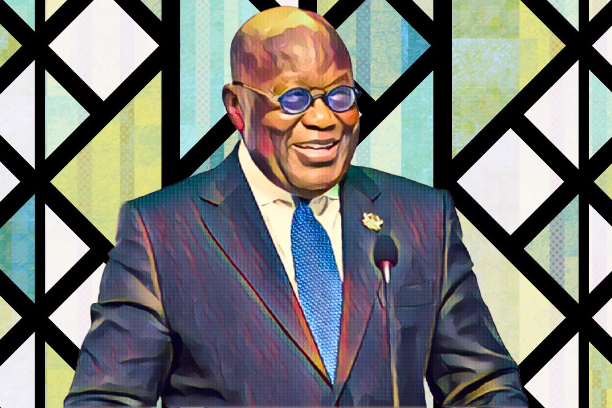KEY POINTS
- Akufo-Addo calls Ghana’s Common Framework debt restructuring his darkest moment.
- He warns Africa’s $1 trillion debt is a global inequity.
- Proposes debt relief tied to climate resilience financing.
Former Ghanaian President Nana Akufo-Addo has described the country’s debt restructuring under the G20 Common Framework as “one of the darkest and most painful episodes” of his time in office.
At the AU-EU High-Level Seminar in Brussels on October 2, on the eve of the AU-EU Summit, he said the drawn-out process, though it stabilized Ghana’s finances, came at a devastating social cost.
“I witnessed the suffocating grip of debt on our economy and on our citizens. This deeply troubled me and still does,” Akufo-Addo told African and European leaders.
Common Framework debt deal reshaped Ghana
Ghana adopted the G20 Common Framework in 2023, restructuring $13 billion in Eurobonds and securing $10.5 billion in debt service relief through 2026. The programme cut debt-to-GDP from the mid-80s to 70.5 percent, helped restore investor confidence and anchored an IMF-supported bailout.
But Akufo-Addo stressed the process dragged on, eroding trust and prolonging uncertainty. He said the harshest blow fell on ordinary Ghanaians pensioners, young investors and small businesses who saw their savings wiped out.
Akufo-Addo calls Africa’s debt burden unjust
Turning to Africa’s $1 trillion debt load, he said the global financial system was “not built to free us, but to bind us.” More than 30 African nations, he noted, spend more on debt interest than public health.
“Every dollar diverted to creditors takes a dollar from a hospital, from a child’s vaccination, from a community’s future,” he said.
This is not economics, it is inequity.”
Push for reform and climate-linked relief
The former president urged reforms including immediate debt service suspension, wider restructuring, and fresh concessional financing. He insisted relief must be seen as justice, not generosity.
He proposed linking debt cancellation to climate resilience through a “Debt Relief for Green Investment and Resilience” model, citing Africa’s exposure to climate shocks despite contributing less than 4 percent of global emissions.
“To our European partners, I say this: hear the voice of your neighbouring continent,” he said, urging support for AU and South Africa’s G20 leadership in overhauling the framework.
Akufo-Addo concluded that Africa must still strengthen its own economies and institutions, but warned local reforms would fail without global change. “When Africa rises free from the weight of debt, the whole world rises with it.”




